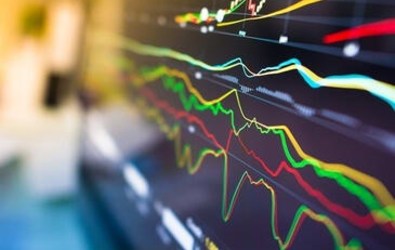The budget surplus stemming from the mining boom has been largely given away in tax cuts and increased government spending, and this has come at the expense of investment in infrastructure, UBS Australia head of investment strategy Mark Rider said.
"The last decade, at least from a budgetary perspective, was a boom that has been given away," Rider said yesterday.
"What would have been the case if the government would have done nothing at all, just gone on holiday: no tax policy changes, no change in government spending?
"If you add up all the changes, what it is worth is about $110 billion worth.
"Between 2003/04 and 2009/10 there was about $40 billion given away in tax cuts and about $70 billion in spending increases, which gives you $110 billion."
Rider acknowledged that many of the tax cuts have contributed to economic growth in the period leading up to the global financial crisis, but he said infrastructure spending had been neglected.
"I'm not arguing that we should necessarily run budget surpluses this high, but part of the government spending comes down to the quality of government spending," he said.
"One of the key areas that has been missed out is infrastructure."
Rider argued that immigration was an important driver for economic growth in Australia, but that little has been done to provide infrastructure to cope with the needs of these new entrants.
This in turn has lead to lower productivity, which has slowed economic growth.
"You have got to have immigration, but you can't just draw people in and plunk them in the outer west of Sydney and then hope for the best," he said.
"What you've got to do is actually put infrastructure in place, so that you actually can move them from A to B.
"When I looked at the budget position, I don't think we should be running a six per cent surplus, but I think we could have used more of that to address what is one of the most pressing things, and a driver for poor productivity, and that is the infrastructure deficit. There is just a lack of it."
Rider argued that the development of infrastructure projects would also be helped by creating a more unified national market, in terms of regulation and qualification standards.





